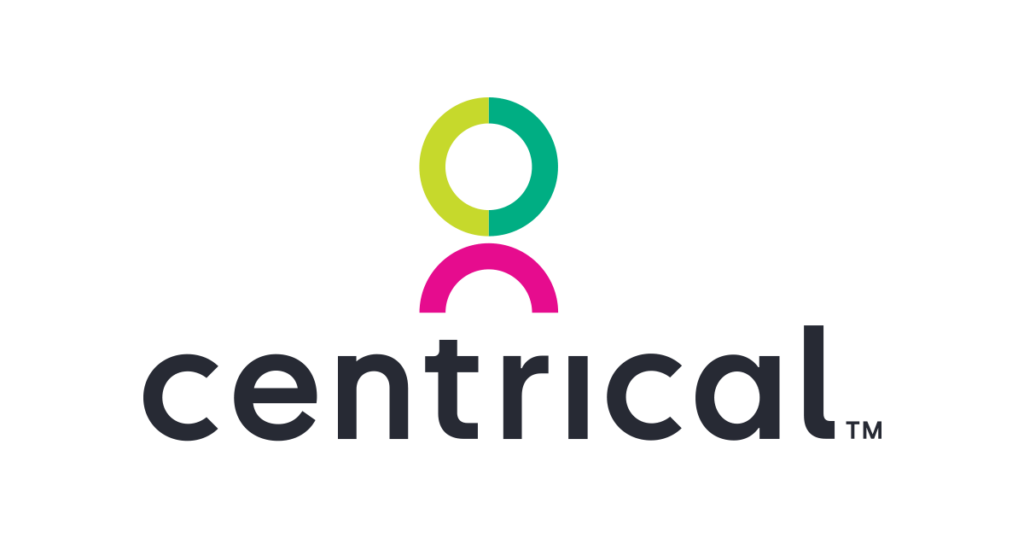New Year’s Resolutions: a New Perspective

Reading time: 4 min 32 sec
Have you heard of the infamous New Year’s resolution cycle?
Even if you haven’t, you are probably familiar with it to some degree.
It goes something like this:
As the New Year approaches, you set your sights on a goal you want to achieve during the upcoming year.
Let’s say you decide to get in shape in order to participate in an 8k race.
You draw out a detailed workout regimen and dietary plans, and zero in on habits which you must change, en route to achieving your goal.
Filled with a sense of purpose, you are motivated to realize that goal. Unlike prior attempts, this time – you will stay the course and see it through.
You start off strong. You apply yourself completely to the task.
Two weeks go by.
Maybe even a month.
Then, completely by chance, you fall off the wagon. ‘How could I have stuck to my resolution so religiously for a few weeks, just to see myself succumb to laziness and to a momentary lack of motivation?’ , you ask yourself. At this point, you can’t help but feel like a failure.
The optimism and determination with which you began your journey have all but disappeared, and there is nothing deterring you from back to your old habits.
So you do.
This example hits home for many of us; we are left with the inescapable feeling that New Year’s resolutions are a waste of time.
However, research indicates that this is far from true.
What research tells us about New Year’s resolutions
Despite most of us being all too familiar with the aforementioned doomed-before-they start resolutions cycle, many of us still find ourselves partaking in it every year. According to a survey conducted by Statistic Brain, over 45% of Americans will set a resolution this upcoming New Year.
Here is where it gets interesting. According to the same study, those who make New Year’s resolutions are far more likely to report that they have noticed positive behavioral improvements in their lives throughout the following year. The research found that the mere act of making a New Year’s resolution alone has a positive impact which is not contingent on the resolver seeing it through.
That’s not all; despite the grim picture we painted at the onset of this blog, the research shows that around 46% of those who set goals at the beginning of the year, will indicate that they have reached some level of success in improving their lives. This, however, is stipulated by those making the resolutions sticking with their plans at least until the six months mark.
Conversely, a mere 4% of those who do not make New Year’s resolutions will report similar positive outcomes.
Yes, 54% of New Year’s resolvers will not stick to their goals. However, that is a far better statistic than 96% of people who will not be making New Year’s resolutions, and who are not destined to report any positive personal developments.
Increasing the likelihood of success
So, after establishing the indisputable value of making New Year’s resolutions, what can we do to increase the likelihood of us succeeding at them?
Here are three tips that rely on deep psychological-processes and which have really proven useful to me in the past:
Public commitment– we all have commitments that we really would prefer to back out of. However, knowing we will have to deal with the inevitable fall out , be it in reputation, or, maybe in the form of disappointing our peers, we plough through. Use the natural desire to avoid public embarrassment as fuel to get through difficult patches along the way.
Joint accountability – Let’s say you and your significant other resolve to lose weight and start a demanding diet. If you were to be caught surreptitiously eating Twinkies on your way home from work, you would be affecting your spouse’s or life-partner’s motivation to go the distance. By not sticking to a goal you share with another, you, willingly or not, are giving them permission to quit, as well. Sensing accountability for someone else’s performance and well-being can be a major motivating factor in sticking to your goal.
Mark targets and progress– Goals should be tangible and measurable. If our target is to lose weight, we should be able to identify our realistic weight-loss goal, what foods to refrain from, the amount of calories we will consume each day, and when we cheated. This approach makes it much easier to assess exactly where we stand in relation to our target. It also helps us pinpoint roadblocks, and deal with them; that way, we won’t have to give up on our target all-together.
In closing, we hope you have a great New Year, and regardless of the nature of your resolutions, we wish you a lot of luck on your road towards achieving them.
Happy New Year!
About Gameffective
Gameffective is an Employee-Centric Performance Management Platform – the “fitness tracker” for the Connected Workforce of the Future. Gameffective empowers employees to boost their work performance through hyper-personalised goals, real time tracking and data-driven feedback and coaching. Deployed with the world’s leading organizations Gameffective helps managers drive up employee value day by day. To find out how Gameffective can help transform your organization go to www.gameffective.com or book a live demo.







